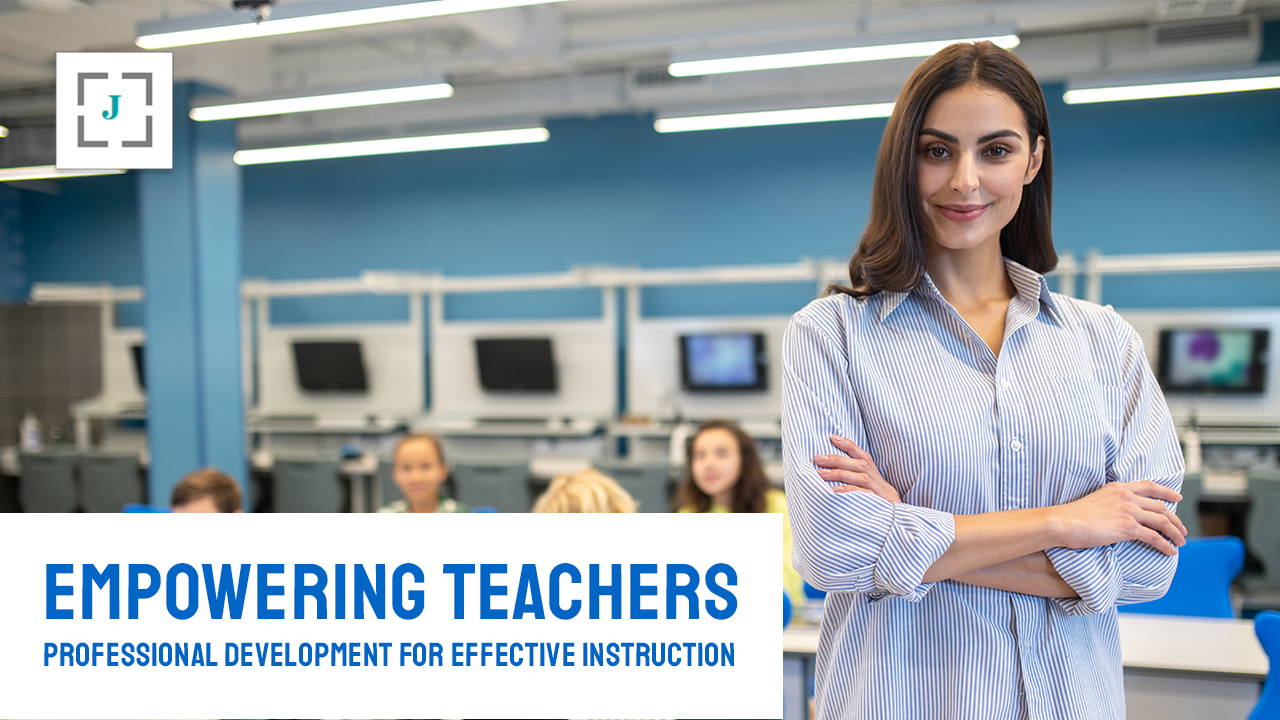Empowering Teachers: Professional Development for Effective Instruction
Posted By Akhilesh Singh |2023-06-03 12:51

-
The Need for Continuous Learning: Discuss the rapidly changing educational landscape and the need for teachers to continually update their knowledge and skills. Explore how professional development can bridge the gap between traditional teaching methods and innovative approaches.
-
Identifying Individual Goals and Needs: Highlight the significance of personalized professional development plans tailored to each teacher's goals and areas for improvement. Discuss how self-reflection, goal setting, and feedback mechanisms can help educators identify their unique needs.
-
Collaborative Learning Communities: Emphasize the benefits of creating collaborative learning communities within schools or districts. Explore the power of peer observations, lesson study groups, and professional learning communities (PLCs) in fostering a culture of shared learning and continuous improvement.
-
Harnessing Technology for Professional Growth: Examine how technology can be leveraged to provide flexible and accessible professional development opportunities for teachers. Discuss the value of online courses, webinars, educational podcasts, and social media platforms for networking and knowledge sharing.
-
Effective Instructional Strategies and Pedagogical Approaches: Explore various instructional strategies and pedagogical approaches that can enhance teacher effectiveness. Discuss the benefits of project-based learning, differentiated instruction, flipped classrooms, and inquiry-based teaching, among others.
-
Coaching and Mentoring: Highlight the role of coaching and mentoring programs in supporting teacher growth. Discuss the impact of one-on-one coaching, peer mentoring, and instructional coaching in improving instructional practices and promoting reflective teaching.
-
Integration of Data and Assessment: Explain the importance of using data-driven decision making and formative assessment practices to inform instruction. Discuss how professional development can support teachers in effectively using assessment data to tailor their teaching and meet individual student needs.
-
Access to Professional Development Resources: Provide information on various resources and platforms that offer high-quality professional development opportunities for teachers. Include reputable websites, online communities, conferences, and workshops that educators can explore.

Writes about Education, tech and AI